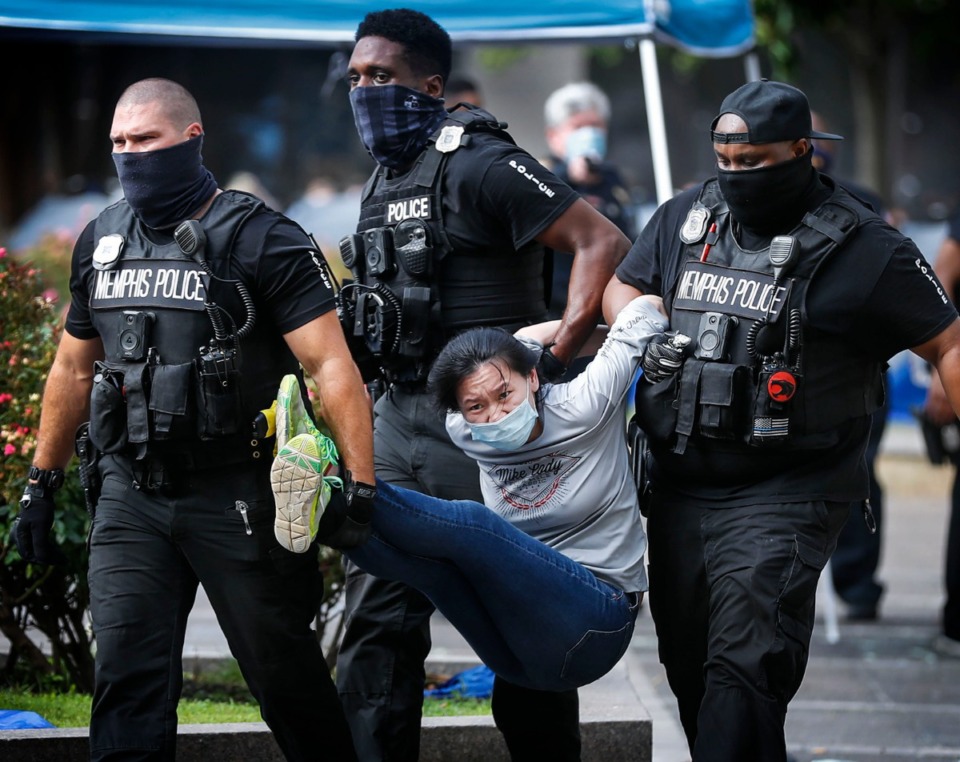If you are wrongfully arrested or charged, there are options. If you believe you have been treated unfairly, you may be able to fight the charges. You may even be able to sue if you feel you were wrongly accused. In many cases, the police will agree to give you the charge if you prove you are innocent. In these situations, it’s important to fight the charges, especially if you were treated unfairly.
Predictors of unfair
In a recent study, the authors found that the likelihood of being unfairly treated by police was associated with two key characteristics. One was coping style. Specifically, those who were not able to talk to someone about the experience considered keeping it to themselves as an appropriate response. The other was a combination of both. These factors were considered predictive variables. However, the findings are not conclusive. Further research is needed to identify which factors are most effective in predicting whether people are at risk for a police encounter.
Ways to fight back
There are many ways to fight back when you are unfairly treated in the police, including reporting an incident. For example, if you see a police officer use excessive physical force or deadly force to break up a fight, you should report it. Depending on the circumstances, it may be risky for you to report police abuse because you may be considered a “rat.” In addition, reporting an incident can land you in trouble if you are accused of lying about it, which is illegal. However, some police interventions are highly effective, such as stopping a peer from attacking a protester.
Suicide risk
The National Strategy for Suicide Prevention highlights the various roles people can play in the prevention of suicide in law enforcement agencies. Law enforcement agencies can take the lead in implementing suicide prevention measures, ranging from promoting mental wellness to addressing the cultural and environmental barriers that prevent at-risk officers from seeking help. These barriers include lack of comprehensive suicide prevention policies, the stigma that discourages at-risk officers from seeking help, and insufficient training for police officers.
Effects on aging
According to a new study, people who have been unfairly treated by the police are more likely to experience health consequences later in life. The researchers used data from the National Longitudinal Study of Adolescent and Adult Health to examine these findings. The study included 12,000 participants from the United States, who were all between the ages of 11 and 26 years. The researchers controlled for factors such as perceived social support and parents’ treatment. The findings confirm what previous research has shown.
Transparency in police practices
The lack of transparency surrounding police misconduct is a major problem, preventing people from getting a fair outcome when facing life-changing criminal charges. For example, the cases built by officers with prior misconduct can impact the jury’s judgment. Yet, prosecutors, defense attorneys, and judges often remain in the dark about these officers’ pasts. As a result, juries may believe the officer’s word and find themselves convicted of a crime they did not commit.
Sandra Bland’s suicide
Despite the documentary’s title, “Sandra Bland: Death by cop” does not address the systemic oppression that led to her death. Police officers and other authorities in Texas often overreact to complaints about black and brown citizens. Ultimately, a grand jury decided against indicting anyone in Bland’s death. However, a special prosecutor has said that jurors will reassemble in January to discuss other aspects of the case.

